You don’t need a cathedral to feel close to God—just the right garden. Imagine sitting among the same plants mentioned in scripture. Fragrant, peaceful, grounding. The fig tree, the olive branch, the lily of the field—they all carry stories, symbols, and quiet reminders of faith. This isn’t just gardening. It’s prayer with roots. These 24 plants aren’t chosen for looks alone. They’re steeped in meaning. Each one turns your garden into a place where you can breathe, reflect, and reconnect—without a single word. Let the garden speak. Let your spirit listen.
Olive Tree
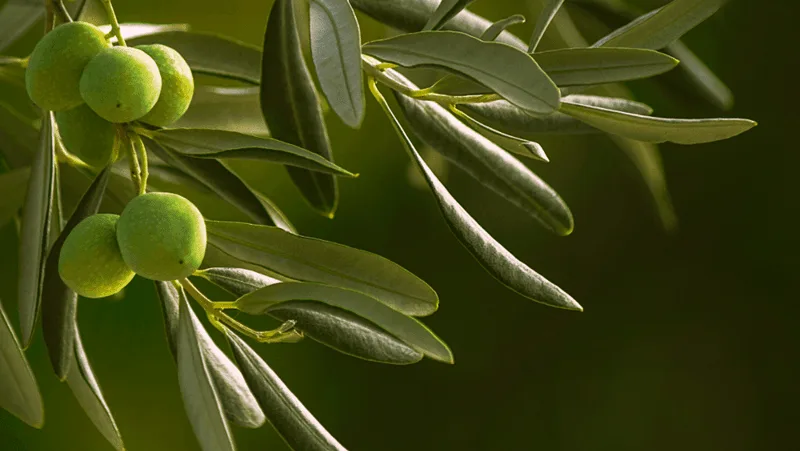
The olive tree stands as a testament to peace and prosperity. Revered since ancient times, it symbolizes endurance, with a lifespan that can reach centuries. Its leaves are a silvery hue, while its fruit, the olive, holds culinary and religious significance. In biblical times, olive oil was a precious commodity, used for anointing and in offerings.
Imagine the gentle rustle of olive leaves in the breeze, providing a serene backdrop for meditation. Its enduring nature reminds us of faith’s eternal strength and God’s unwavering promises. This tree invites reflection on life’s blessings and spiritual nourishment.
Fig Tree
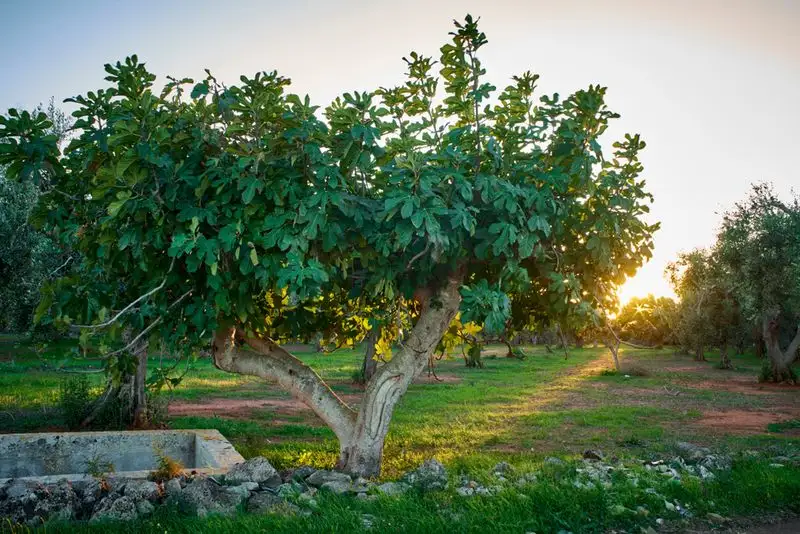
The fig tree is a symbol of prosperity and peace in the Bible, often mentioned in parables and teachings. Its broad leaves provide shade and its sweet fruit offers nourishment. The sight of a fig tree laden with fruit evokes abundance, making it a perfect addition to a meditation garden.
In ancient times, sitting under a fig tree was a symbol of peace and contentment. This tree invites contemplation on life’s simple pleasures and the gifts that nature bestows. Its presence brings a touch of the Holy Land to your garden sanctuary.
Cedar of Lebanon

The Cedar of Lebanon is renowned for its strength and longevity, often symbolizing resilience and endurance. Mentioned frequently in the Bible, cedars were used in the construction of sacred buildings, including Solomon’s Temple. Their wood was prized for its durability and aromatic qualities.
Towering and majestic, these trees create a sense of awe and reverence. They stand as a reminder of God’s grandeur and the enduring nature of faith. Incorporating this tree into a meditation garden brings a touch of biblical majesty and a sense of timelessness.
Hyssop
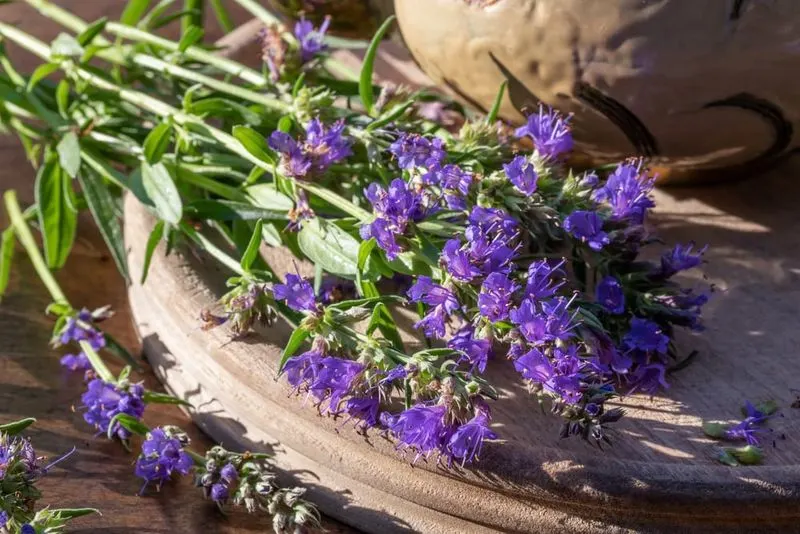
Hyssop is a humble yet significant plant in biblical history, often associated with purification and cleansing rituals. Its aromatic fragrance and delicate blue flowers add both beauty and symbolism to any garden.
Used in ancient rites, hyssop represents spiritual cleansing and renewal. Its presence in a meditation garden encourages reflection on inner purity and transformation. As you breathe in its soothing aroma, let it inspire a sense of spiritual clarity and peace. This small herb carries profound significance, making it a meaningful addition to your sacred space.
Aloe

Aloe, often associated with healing and restoration, is a plant mentioned in biblical texts. Known for its soothing properties, aloe was used in ancient times for medicinal purposes, offering relief and rejuvenation.
Its thick, fleshy leaves hold a cooling gel that symbolizes healing and comfort. In a meditation garden, aloe serves as a reminder of God’s healing touch and the renewal of spirit. Its presence invites contemplation on the restorative power of faith and the comforting embrace of divine care.
Vine
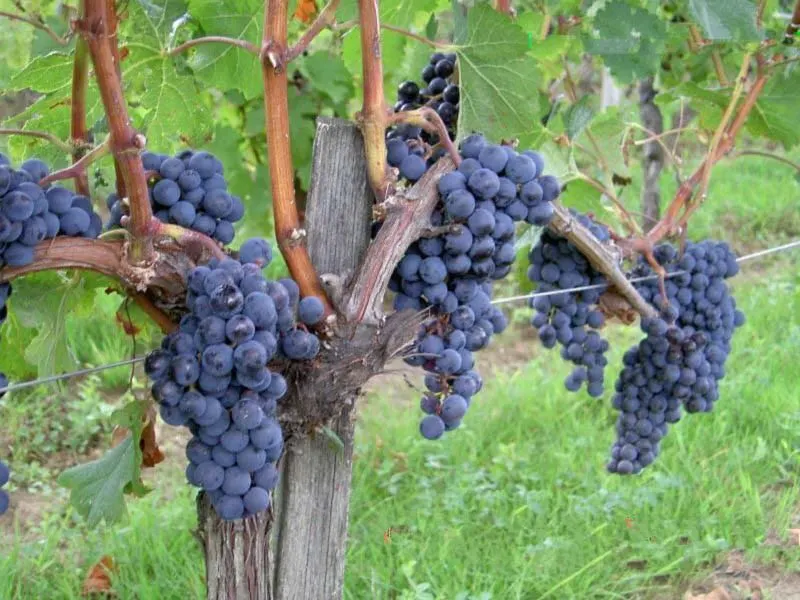
The vine is a powerful symbol of abundance and spiritual growth in the Bible. Grapevines, with their intricate tendrils and luscious fruit, represent the connection between God and His followers.
In a Christian meditation garden, the vine stands for the fruitful relationship between divine guidance and personal growth. Its presence invites reflection on cultivating faith and nurturing one’s spiritual journey. As you observe the vine’s growth, consider the blessings of fruitful living and the joy of spiritual abundance.
Palm Tree
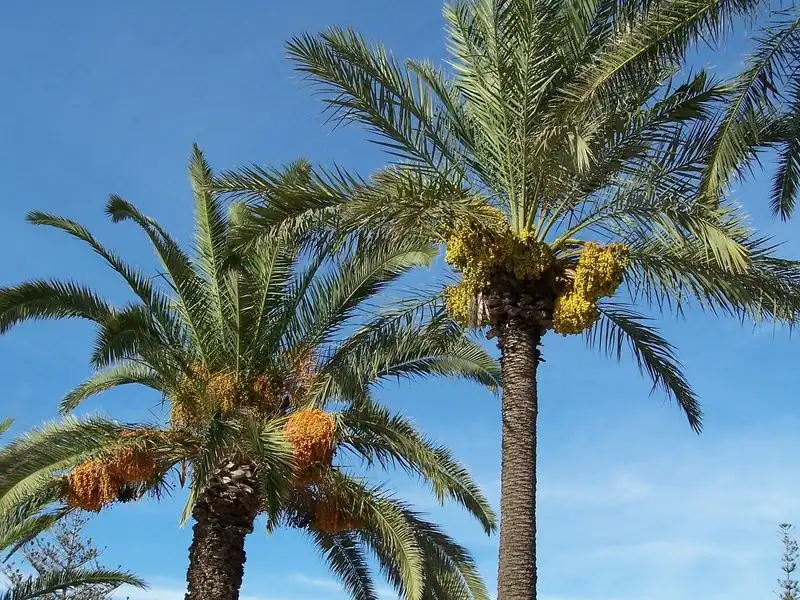
Palm trees are symbols of victory and triumph, frequently mentioned in biblical texts. Their towering presence and graceful fronds add elegance and a sense of celebration to any garden.
In ancient times, palm branches were laid down in honor, representing victory and peace. A palm tree in your meditation garden can inspire thoughts of spiritual triumphs and divine favor. Its stately presence encourages reflection on the victories of faith and the everlasting joy found in God’s promises.
Pomegranate
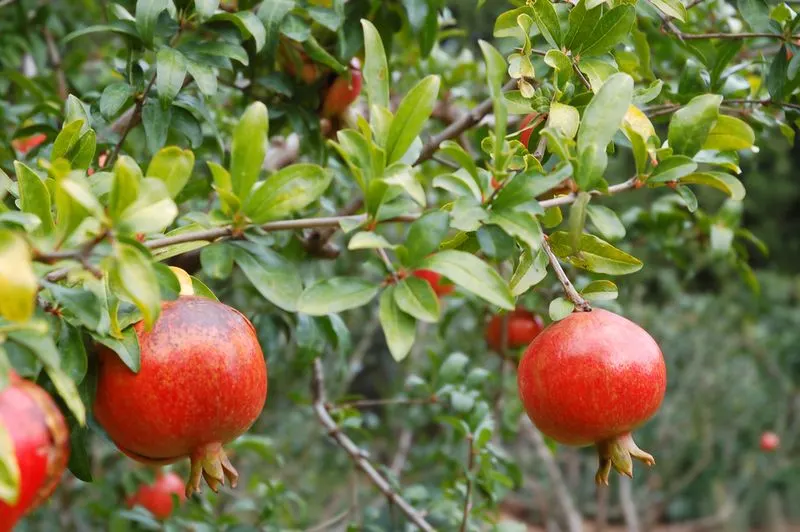
The pomegranate is a symbol of fertility and righteousness, often associated with the Promised Land in the Bible. Its vibrant red fruit, filled with seeds, represents abundance and divine grace.
In a meditation garden, the pomegranate tree stands as a reminder of the richness of God’s blessings and the promise of spiritual fruitfulness. Observing its lush fruit can inspire gratitude for the bounty of life and the potential for growth within our spiritual journeys.
Willow Tree
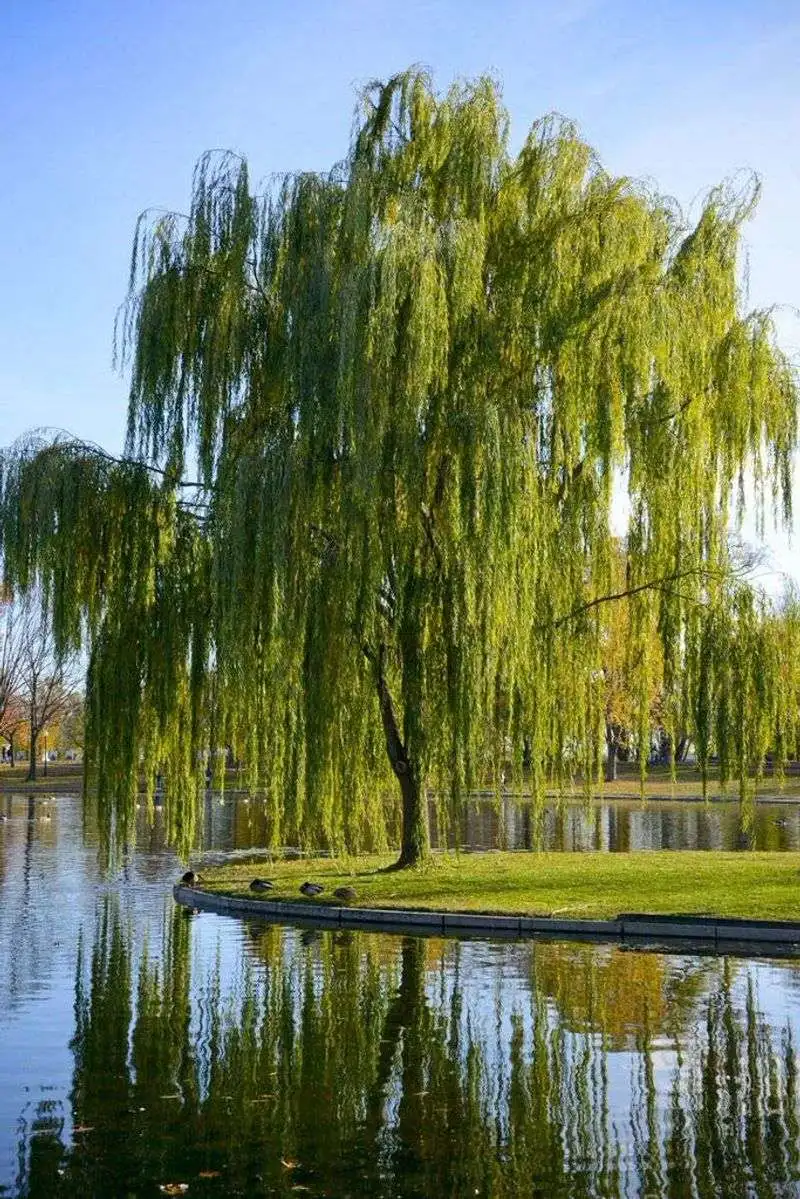
The willow tree, known for its graceful, drooping branches, evokes a sense of peace and reflection. While not frequently mentioned in the Bible, its imagery aligns with themes of sorrow and renewal.
In a meditation garden, a willow can symbolize the gentle release of burdens and the embrace of new beginnings. Its flowing branches encourage introspection and the serene acceptance of life’s ebbs and flows, making it a poignant addition to any spiritual sanctuary.
Rose of Sharon
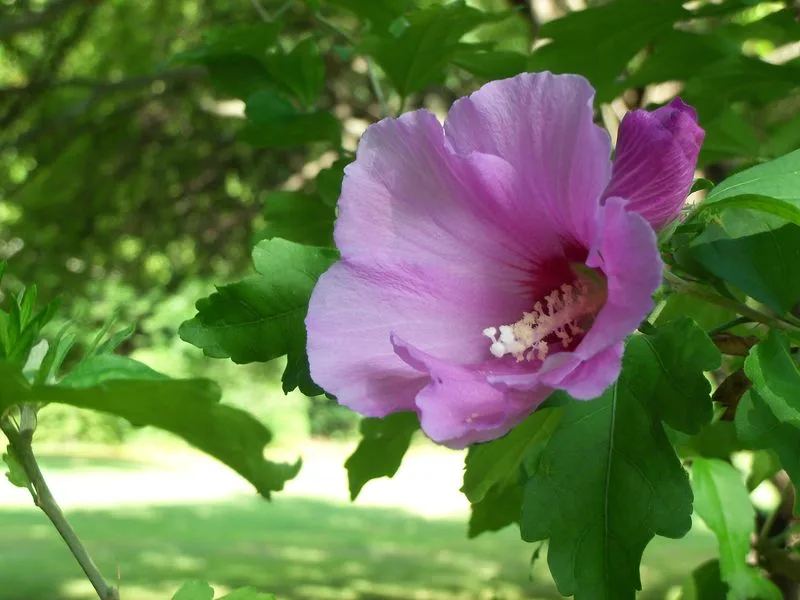
The Rose of Sharon is a biblical symbol of beauty and love, often associated with Christ’s presence. Its vibrant blooms exude a sense of elegance and grace, enhancing the serene ambiance of a meditation garden.
This flowering shrub invites contemplation on divine love and the beauty of creation. As its blossoms unfold, they remind us of the unfolding revelations of faith and the joy found in spiritual devotion. The Rose of Sharon brings a touch of divine beauty to any sacred space.
Lily of the Valley
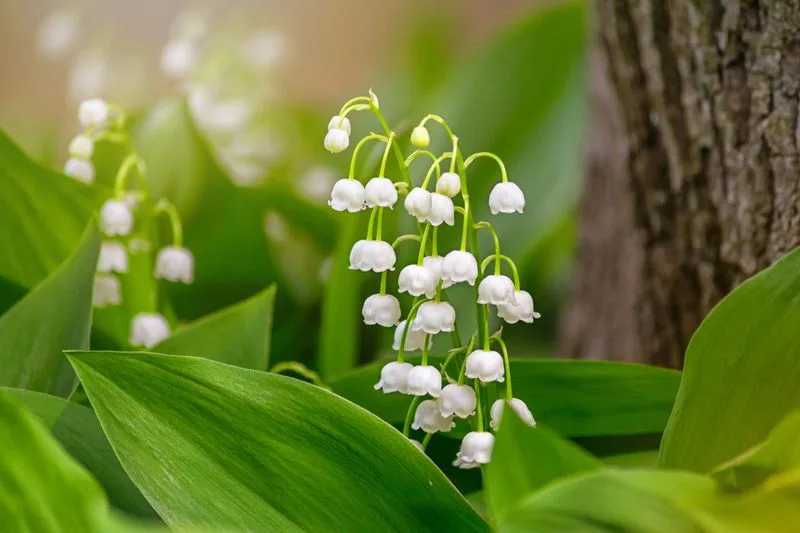
The Lily of the Valley is a delicate and fragrant plant, symbolizing purity and renewal. Its dainty, bell-shaped flowers create a sense of innocence and grace, making it a cherished addition to a meditation garden.
Mentioned in the Song of Solomon, this plant represents the humility and beauty of a faithful heart. Its fragrance fills the air, inviting moments of quiet reflection and spiritual rejuvenation. As you admire its gentle blooms, let them inspire thoughts of purity and divine love.
Caper Bush
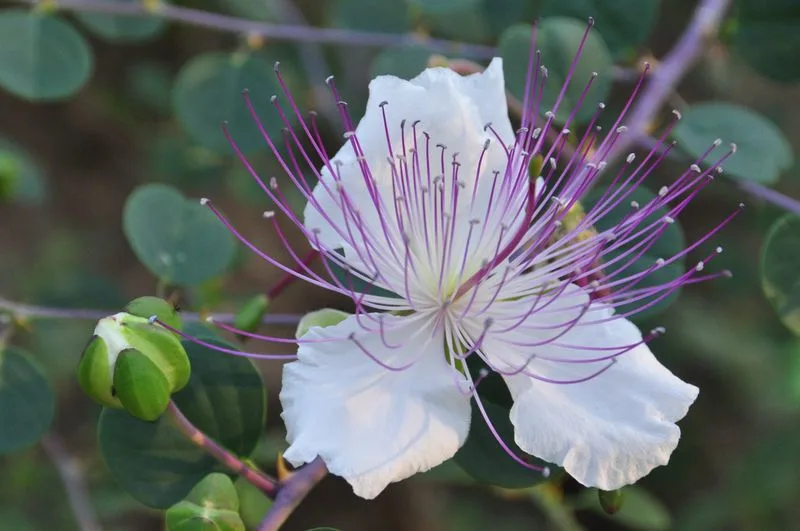
The caper bush, with its unique round leaves and delicate flowers, is mentioned in the Bible as a symbol of endurance and survival. Thriving in rocky, dry conditions, it embodies resilience and adaptability.
In a Christian meditation garden, the caper bush encourages reflection on overcoming adversity and embracing life’s challenges with grace. Its presence serves as a reminder of the strength found in faith and the beauty that can emerge from difficult circumstances.
Mustard Plant
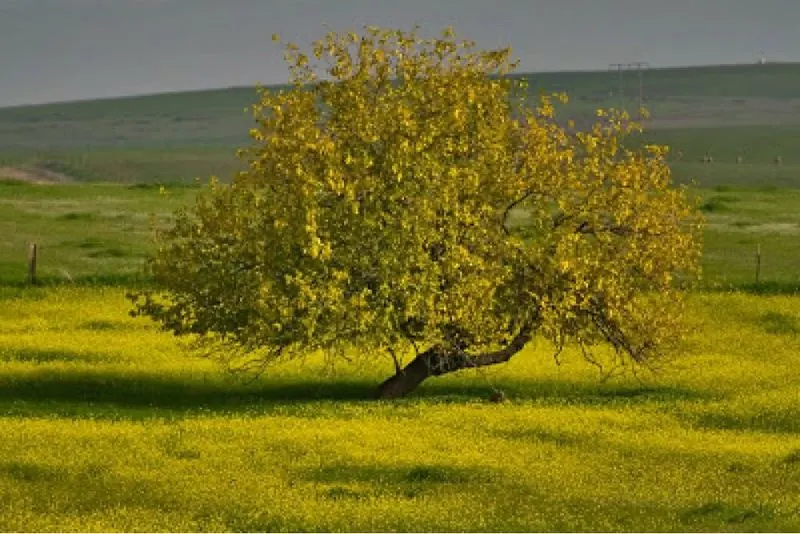
The mustard plant is emblematic of faith and growth, known for its tiny seeds that blossom into large plants. In the Bible, it symbolizes the potential of small beginnings leading to great outcomes.
In a meditation garden, the mustard plant invites contemplation on nurturing faith and the transformative power of belief. Its vibrant yellow flowers serve as a reminder of the light of hope and the strength that comes from even the smallest seeds of faith.
Mandrake
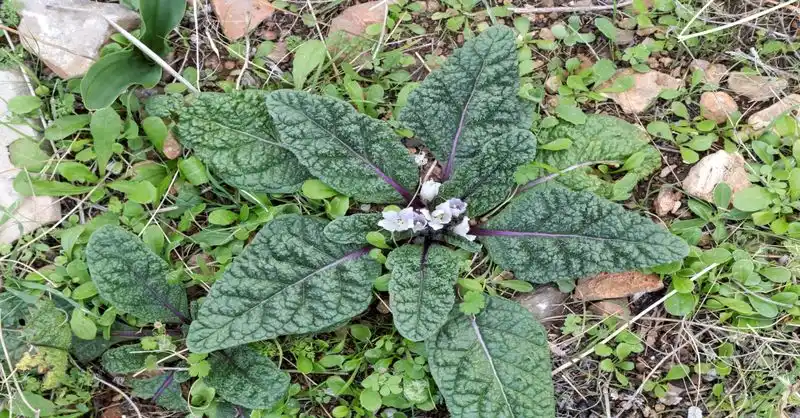
The mandrake plant, steeped in biblical lore, symbolizes desire and fertility. Its peculiar fruit and roots have been subjects of intrigue and myth throughout history.
In a Christian meditation garden, the mandrake serves as a reminder of the mysteries of life and the ancient traditions connected to faith. Its presence encourages reflection on the deeper meanings of desire and fulfillment, inviting a sense of wonder and curiosity into your sacred space.
Acanthus
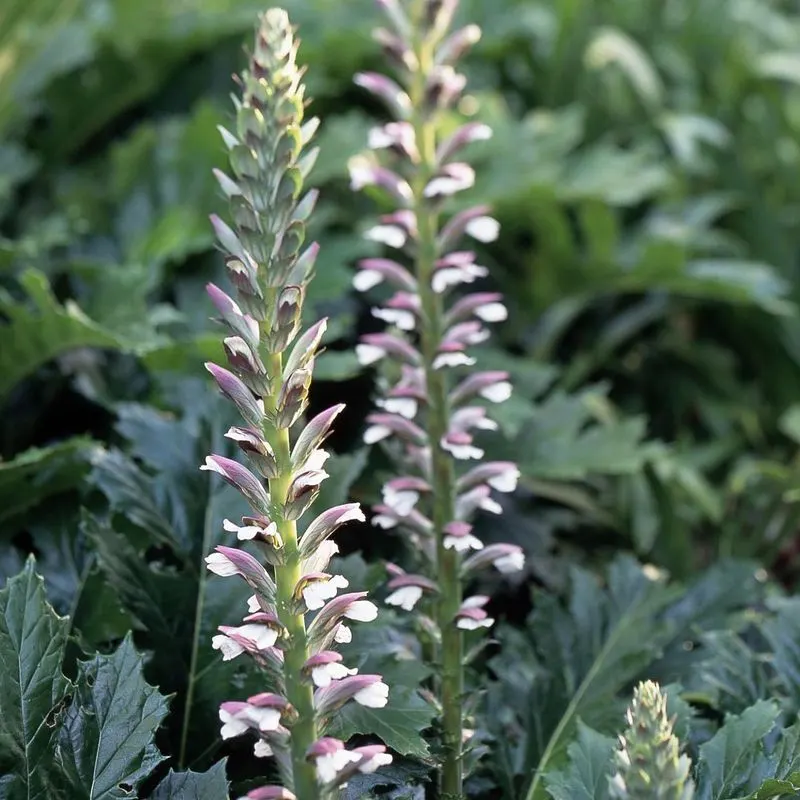
Acanthus, known for its striking architectural leaves, symbolizes immortality and artistic inspiration. Although not explicitly mentioned in the Bible, its classical associations add depth to a meditation garden.
Incorporating acanthus into a sacred space invites contemplation on enduring beauty and the artistic expression of faith. Its presence serves as a reminder of the creativity bestowed by divine influence and the eternal nature of spiritual truths.
Frankincense

Frankincense is a resin with deep biblical roots, symbolizing prayer and sanctity. Used in ancient rituals, it represents the connection between the divine and earthly realms.
In a meditation garden, the presence of a frankincense tree evokes thoughts of spiritual elevation and the fragrant offering of prayers. Its aromatic resin invites a sense of sacredness and reflection, enhancing the atmosphere of peace and devotion.
Myrrh
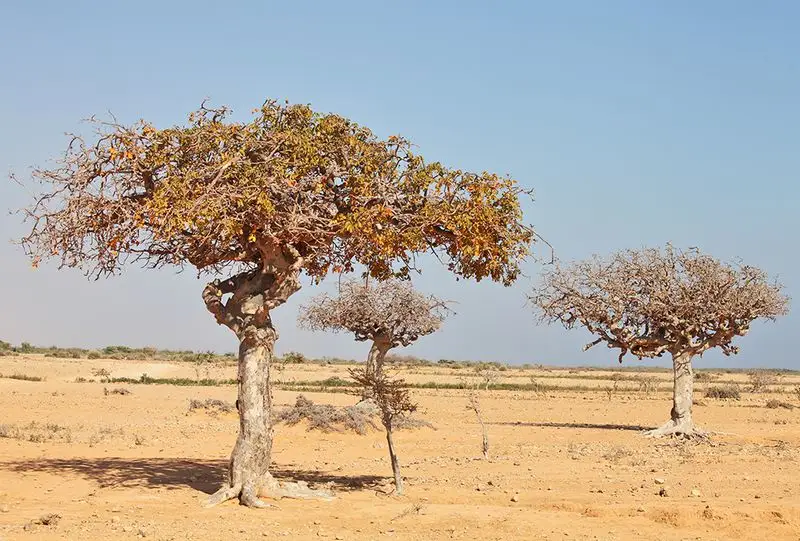
Myrrh, with its aromatic resin, plays a significant role in biblical narratives, symbolizing suffering and healing. Used in anointing and embalming, it represents the duality of life and death.
In a meditation garden, a myrrh tree invites reflection on the bittersweet nature of life’s journey and the healing found in faith. Its presence encourages a deeper understanding of sacrifice and the profound connection between pain and redemption.
Cassia
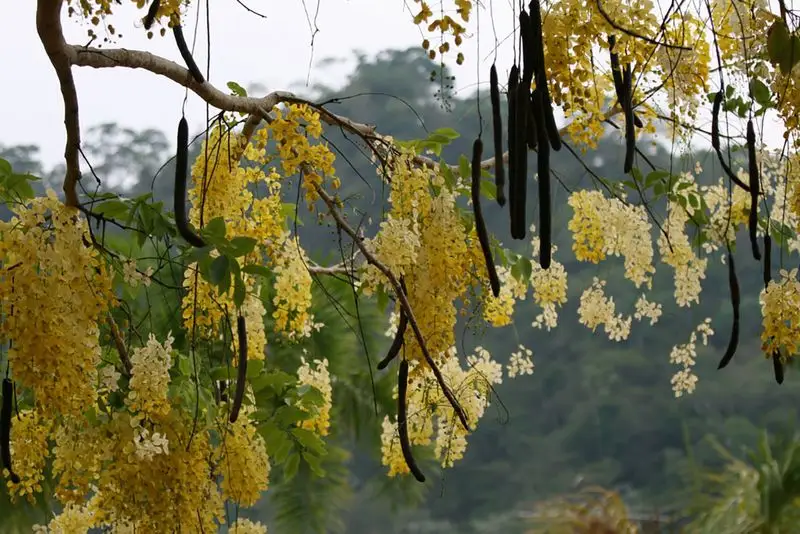
Cassia, known for its aromatic bark, symbolizes devotion and purity in biblical texts. Used in sacred oils, it represents the sweet fragrance of a faithful life.
In a Christian meditation garden, the cassia tree invites contemplation on living a life of devotion and the beauty of a pure heart. Its vibrant blooms and fragrant presence enhance the spiritual ambiance, encouraging moments of prayer and reflection.
Balsam
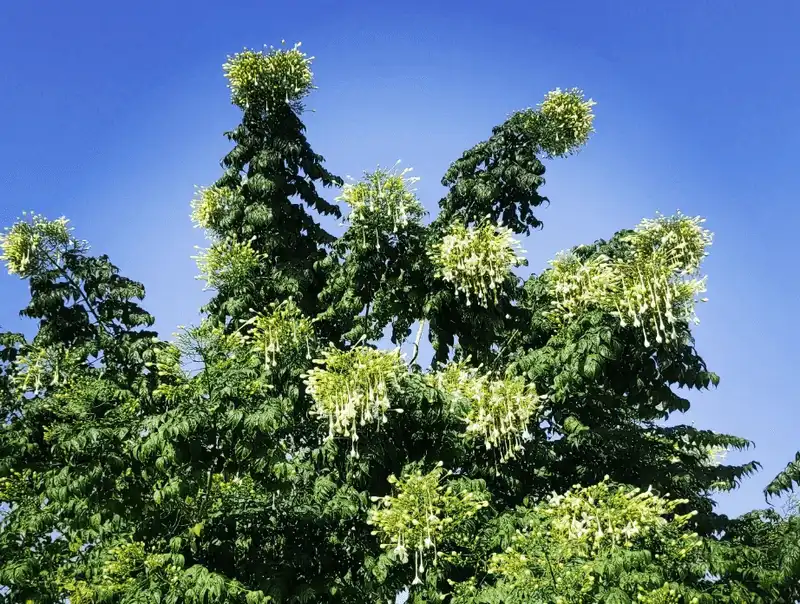
Balsam, often associated with healing and comfort, is mentioned in the Bible as a valuable and soothing balm. Its fragrant presence brings a sense of peace and restoration.
In a meditation garden, balsam invites reflection on God’s healing touch and the comfort found in His embrace. Its gentle fragrance and delicate blooms serve as reminders of the nurturing care and spiritual renewal offered through faith.
Cinnamon
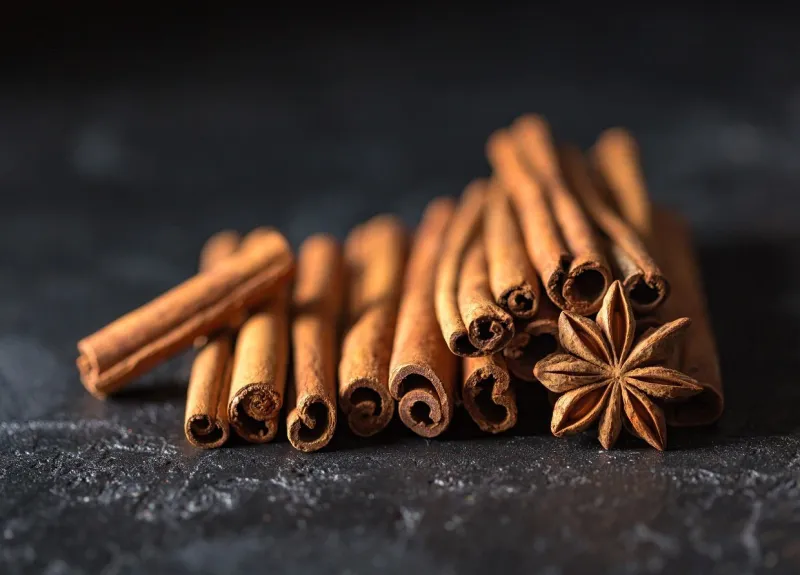
Cinnamon, a prized spice, symbolizes warmth and holiness in biblical texts. Used in sacred anointing oils, it represents the sweet aroma of a faithful life.
In a Christian meditation garden, a cinnamon tree invites contemplation on the richness of spiritual devotion and the warmth of divine love. Its aromatic bark and foliage enhance the garden’s ambiance, encouraging moments of reflection and gratitude.
Juniper

The juniper tree, noted for its hardy nature, symbolizes protection and refuge in the Bible. Its evergreen presence offers a sense of security and constancy.
In a meditation garden, a juniper tree stands as a symbol of divine protection and the steadfastness of faith. Its resilient nature invites contemplation on the enduring strength found in spiritual refuge and the sheltering embrace of God’s love.
Mint
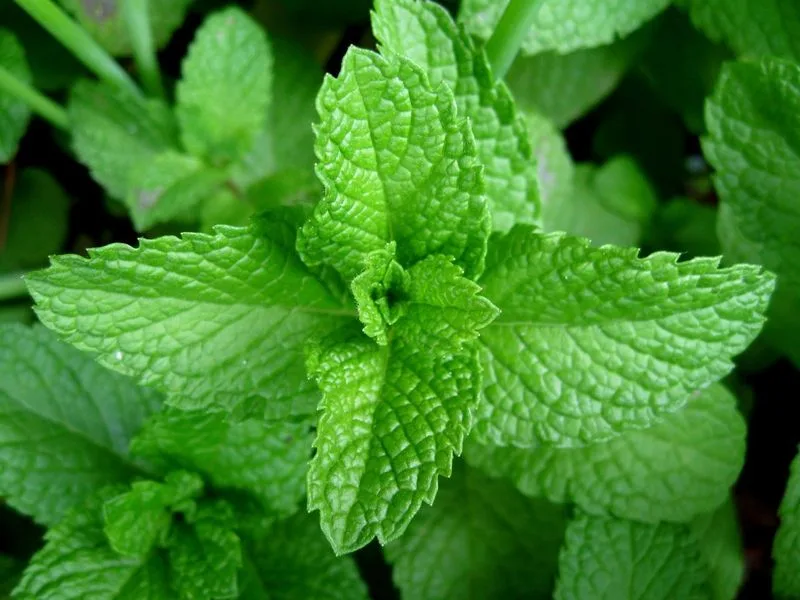
Mint, known for its refreshing aroma, is a symbol of hospitality and kindness. While not frequently mentioned in the Bible, its presence adds a touch of warmth and welcome.
In a meditation garden, mint invites reflection on the virtues of generosity and grace. Its invigorating scent encourages a sense of renewal and clarity, enhancing the garden’s atmosphere with a breath of fresh air and spiritual refreshment.
Reed

Reeds, often mentioned in biblical narratives, symbolize strength and resilience. Their ability to bend without breaking reflects the flexibility and endurance of faith.
In a Christian meditation garden, reeds serve as a reminder of the strength found in adaptability and the grace of God’s sustaining power. Their presence encourages contemplation on the ability to weather life’s storms with faith and resilience.
Saffron Crocus
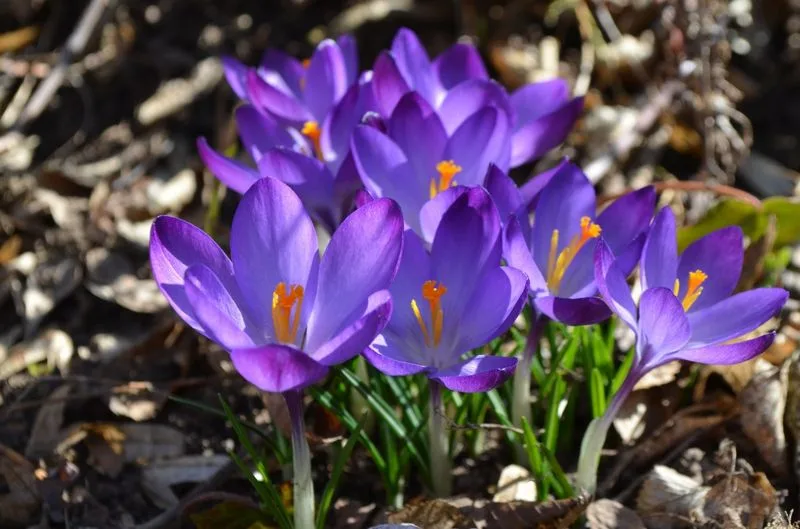
The saffron crocus, a symbol of beauty and prosperity, stands out with its vibrant purple petals and golden stigmas. Historically revered, this plant’s rich color and aromatic fragrance make it a delightful addition to meditation spaces. Its ability to thrive in well-drained soil with ample sunlight reflects resilience.
Saffron has been a precious commodity for centuries, often used in ancient rituals and ceremonies. Its unique hue and delicate appearance invite reflection and peace. The crocus’s captivating presence offers a sense of tranquility and inspiration, encouraging thoughtful contemplation.
A garden featuring saffron crocus blossoms becomes a space of renewal and spiritual growth.

